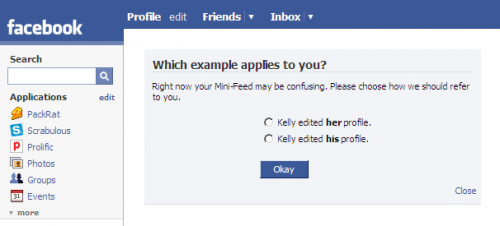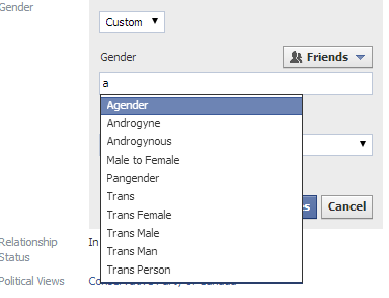Irwin Altman defines privacy as “the selective control of access to the self” (1977:67). To maintain privacy is not, necessarily, to avoid disclosure, but to exhibit autonomy and choice over that which is, and it not, exposed. A privacy violation is that which unduly inhibits this control.
What counts as a privacy violation is far from straight forward, and always situation specific. Nissenbaum’s contextual integrity framework delineates the relationship between situational expectations and relative control over access to the self. Specifically, Nissenbuam argues that each context contains its own set of privacy norms, or expectations about how much of the self will be accessible. From this perspective, a privacy violation is that which violates privacy norms. Or in other words, privacy is violated when the self is more accessible than one has agreed to. Ostensibly, one could then avoid those contexts in which the self is highly accessible, and cry “violation!” when the self is unduly accessed. more...









